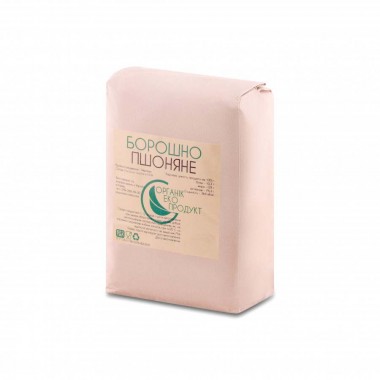Millet flour (millet) stands out among all grain crops for its hypoallergenicity.
The benefits of millet are primarily due to the presence of a large amount of B vitamins, carotene (vitamin A), fiber, useful amino acids and minerals: silicon, fluorine, iron, manganese, magnesium, copper. Millet flour retains all the properties of millet groats.
Millet flour does not contain gluten and is of great importance in the production of baby and diet food.
Useful properties of millet flour:
- millet flour helps fight excess fat
- has a general strengthening effect on the human body
- removes toxins from the body
- dishes prepared from it are recommended for use in diseases of the pancreas, liver, nervous, cardiovascular system, diabetes, atherosclerosis
Scope of millet flour:
Millet flour is used in Italian, Ukrainian, Romanian, Chuvash, Tatar, Uzbek, Ossetian cuisines. Bread, cakes, hominy, pies, pancakes, bread are made from it.
Since millet does not contain gluten, the flour made from it has weak binding properties. It is best used in combination with other types of flour.
Nutritional value of the product per 100 grams:
- PROTEINS, G - 11
- FATS, G - 3.3
- CARBOHYDRATES, G - 66.5
- ENERGY VALUE, Kcal - 340
Ingredients: 100% millet flour
Storage conditions: in dry, clean, well-ventilated warehouses, not infested with pests of grain stocks, at a temperature below 20C and relative humidity not higher than 75%.
Shelf life: 12 months.
May contain traces of gluten (meaning that the products are manufactured in the same factory as products that contain gluten).

















 Nova Posta
Nova Posta PrivatBank
PrivatBank











